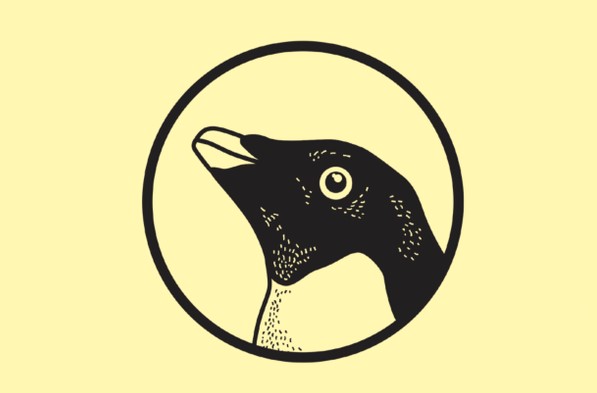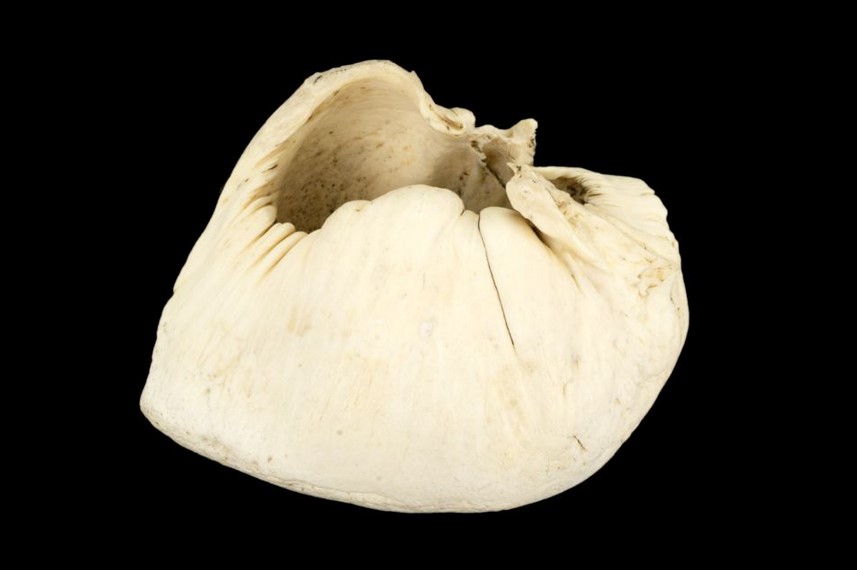
I’m ready to make changes, but I’m not sure how I can make the most impact.
I want to reduce the impact of my waste electrical and electronic equipment.
“The next time an electrical item breaks I’ll try to get it repaired before replacing it.”
That’s a really good idea. The makers of electronic goods have a legal duty to make sure their products can be repaired.
I want to stand up for the ocean.
“I’m going to review and then decide whether to support a campaign seeking to protect the ocean.”
There are quite a few.
For staff and students at St Andrews:
- Transition run a range of campaigns and have a variety of initiatives you can get involved in.
- You can also support St Andrews Forest, which aims to offset carbon emissions from students travelling to and from the town.
For Scotland-based campaigns:
- Our Seas seek to change the way we fish in Scotland to create a more sustainable approach to seafood.
- Surfers Against Sewage campaigns to keep the ocean clean from pollutants.
For campaigns focussed on the UK:
- The Time is Now encourages the government to focus on greener practices.
- Stop Ocean Threads seeks to prevent microplastics from our clothes getting into the ocean.
If you want to focus more widely:
- Greenpeace have a range of campaigns, including one to encourage governments to agree a Global Ocean Treaty.
- We Move Europe are campaigning to ban certain destructive fishing practices.
Talking about climate change and the ocean is one of the most powerful actions that all of us can take. I want to use my voice to be a positive influence on other people.
“I’m going to start a conversation with my friends about Dive In, what I’ve learnt about climate change and the ocean and what we can do between us to make a difference.”
Great idea, but talking about this can be hard. Climate Outreach have some top tips on how to have a climate conversation.
The Calouste Gulbenkian Foundation also have a short guide on ‘How to Talk About the Ocean so that People will Listen’. You might find it helpful.
You can also find resources like How to build a climate action campaign or 9 things you can do about Climate Change that can give you further tips.
I want to consider the seafood choices that I make.
“I’m going to read this guide to seafood labelling and try to buy only sustainable or high welfare seafood.”
Labelling is important, but you can also find out more about which species are sustainable from the Marine Conservation Society or from the Sustainable Food Trust.
I want to be more careful in the way I use energy.
“I’m going to insulate, or ask my landlord to insulate, the windows and doors in my home.”
This quick guide to insulating your windows and doors is a good place to start. Most of it is really cheap and easy.
I want to travel in a way that contributes less to climate change.
“I’m going to find out if my employer has a sustainable travel policy.”
You might be able to suggest car sharing.
I want to eat more sustainably.
“I’m going to make changes to my diet to make it more sustainable.”
Eating food that is produced locally can be helpful. If you’re based near St Andrews you can find out more from Transition.
The Sustainable Food Trust also has lots to get you started.

What will you do to help protect our oceans?
Share your pledge online with the hashtag #DiveInPledge. We’ll share some of them anonymously on this page.